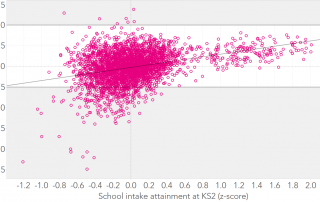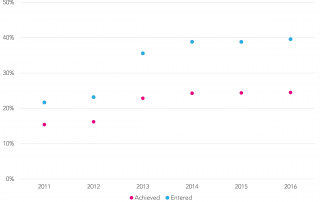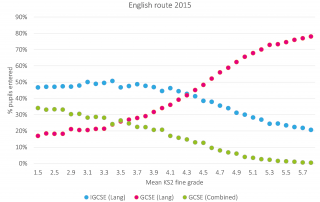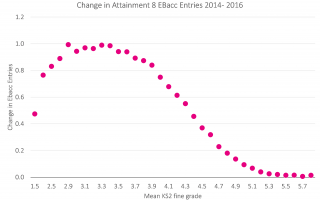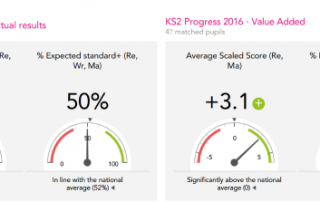Provisional KS4 data 2016: Grammar schools reporting fantastic Progress 8 scores? Not so fast…
Today’s provisional Key Stage 4 data shows a strong Progress 8 performance from grammar schools, and a negative Progress 8 score for those calling themselves secondary moderns. But the positive results of the grammars seem to more than outweigh the negative results of secondary moderns. So, should we use this data to claim that selection [...]




